
لینک صفحه:
Screen mesh
ویژگی های محصول:
Ready to send
Please contact the sales department for sending the list and bulk purchase of products.
Immediate shipment of the product is possible.
$0
Dear user, prices are being updated, please contact us.
What is a serand bearing?
Screen bearing is a crucial component in screening and sieving machinery, responsible for supporting and guiding the rotating shaft. Bearings help maintain optimal performance and extend the machine’s lifespan by reducing friction and resisting various forces. Screen bearings are specifically used in high-vibration and oscillatory environments, playing a significant role in stabilizing and ensuring the proper functioning of screening systems.
Screen bearings are utilized in various industries, including mining, construction, recycling, and food production. Each of these industries has specific requirements for bearings that influence their type and design. For instance, in the mining industry, bearings must be resistant to pressure and wear, while in the food industry, corrosion resistance and ease of cleaning are of greater importance.
Comparison of Screen Bearing Types: Which One Is Right for You?
Screen bearings are divided into two main categories: plain bearings and rolling bearings. Each type has its own specific features and advantages, and depending on the application, one may be preferred over the other.
- Plain Bearings: These bearings use a smooth surface to support the rotating shaft. They are typically suitable for low-speed applications and heavy loads. Due to their simple structure and low cost, plain bearings are used in some industries, but they require continuous lubrication to prevent wear.
- Rolling Bearings: These bearings use rollers or balls to reduce friction. Rolling bearings are suitable for high-speed applications and various loads due to their high capacity to withstand radial and axial loads. They require less lubrication compared to plain bearings and have a longer service life.
Comparison of These Two Types of Bearings
Plain Bearings: Suitable for heavy loads and low speeds. They require continuous lubrication and have a shorter service life compared to rolling bearings.
Rolling Bearings: Suitable for high speeds and various loads. They require less lubrication and have a longer service life.
Technical Specifications of Screen Bearings in Table Format
| Feature | Plain Bearing | Rolling Bearing |
| Type of Motion | Sliding between surface and shaft | Rolling between balls and shaft |
| Load Resistance | High | Medium to High |
| Speed Resistance | Low | High |
| Lubrication Requirement | Continuous | Less |
| Service Life | Shorter | Longer |
| Production Cost | Less | More |
| Wear and Tear | More | Less |
Advantages and Disadvantages of Screen Bearings in Various Industries
The use of screen bearings in various industries has its specific advantages and disadvantages. We will examine these aspects below:
Advantages
- Reduction of Friction: Bearings help improve efficiency and reduce energy consumption by minimizing friction between rotating parts.
- Increased Service Life: Using high-quality bearings can extend the service life of screening machines and reduce the need for frequent repairs.
- Improved Stability and Precision: Bearings help stabilize the rotating shaft and reduce unwanted vibrations and oscillations.
- Reduced Maintenance Costs: By using appropriate bearings, maintenance and repair costs are significantly reduced.
Disadvantages
- Need for Lubrication: Some bearings, especially sliding bearings, require continuous lubrication, which can increase operational costs.
- Erosion in Harsh Conditions: Bearings may experience wear and erosion in very harsh environments filled with suspended particles, necessitating frequent repairs.
- High Initial Cost: Some advanced and high-quality bearings have a higher initial cost compared to other types.
The price of screen bearing
The price of screen bearings depends on various factors, which we will examine below:
- Material quality: Bearings made from high-quality and durable materials generally have a higher price. For example, stainless steel or titanium bearings are more expensive due to their high resistance to corrosion and wear.
- Type of bearing: Rolling bearings are usually more expensive than sliding bearings due to their more complex design and better performance.
- Manufacturer brand: Well-known and reputable brands typically have higher prices due to offering high-quality and durable products. These brands also provide better after-sales services.
- Special features: Bearings with special features such as high-temperature resistance, the ability to withstand very heavy loads, or compatibility with specific environments, tend to have higher prices.
For inquiries about the price list of various screen bearings or to purchase screen bearings, contact the sales experts at Avangard Holding.
| Row | Product Description | Price |
| 1 | Screen mesh Price 22318 | Contact Us |
| 2 | Screen mesh Price 22320 | Contact Us |
| 3 | Screen mesh Price 22326 | Contact Us |
| 4 | Screen Bearing with Flange Price | Contact Us |
| 5 | Grease Screen Bearing Price | Contact Us |
How to Identify and Replace a Faulty Screen Bearing?
Identifying faults in screen bearings can prevent further damage and additional costs. Some signs of bearing failure include:
- Unusual Noises: Abnormal or unusual noises during operation can indicate bearing failure.
- Excessive Vibration: Increased vibration and instability in the machine may be due to bearing failure.
- High Temperature: An abnormal increase in bearing temperature can indicate lubrication issues or excessive wear.
To replace the bearing, follow these steps:
- Turn off the machine and disconnect the power: First, turn off the machine and ensure it is disconnected from the power supply.
- Remove the bearing: Use appropriate tools to remove the old bearing from the shaft.
- Clean the installation site: Thoroughly clean the installation site for the new bearing to ensure no debris or contamination remains.
- Install the new bearing: Carefully install the new bearing in the appropriate location and ensure it is properly seated.
- Lubrication: If necessary, lubricate the bearing with suitable lubricants.
Difference Between Industrial and Standard Screen Bearings
Industrial screen bearings and standard screen bearings each have their own specific features and applications:
– Industrial Screen Bearings: These bearings are designed for harsher conditions and heavier loads. They are typically made from more durable materials and have special features such as resistance to high temperatures, high pressures, and corrosive environments. Due to their greater durability and ability to withstand tough conditions, industrial bearings are used in heavy industries like mining and petrochemicals.
– Standard Screen Bearings: These bearings are suitable for general applications and medium loads. They are usually made from simpler materials and are less expensive. Standard bearings are used in lighter industries such as food production and agricultural products.
– Screen bearings are a key component in screening and sieving systems, and choosing the right one can have a significant impact on the efficiency and longevity of the equipment. Depending on the application, working conditions, and available budget, choosing between sliding and rolling bearings, industrial and standard, is crucial. Additionally, timely maintenance and repair of bearings can prevent premature failures and additional costs.

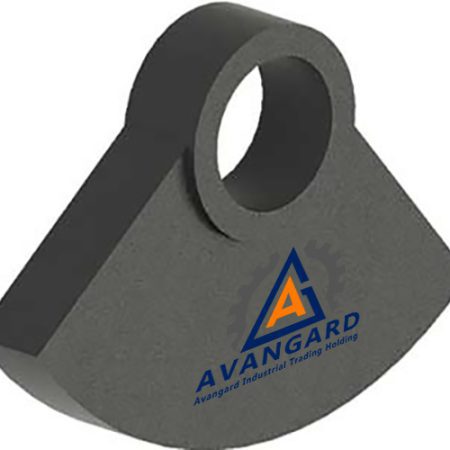
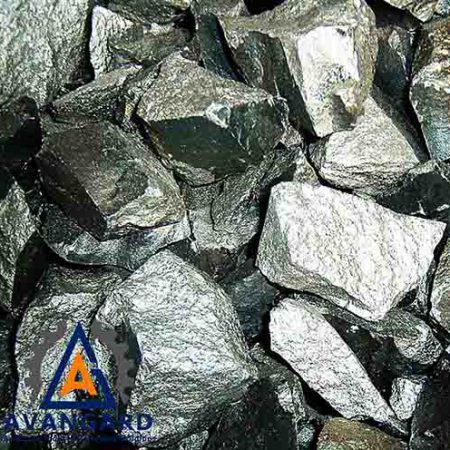
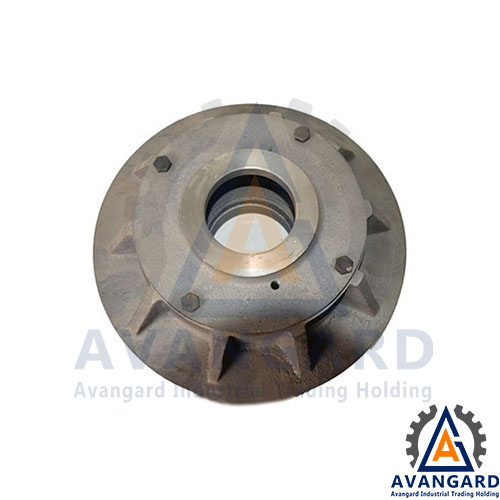
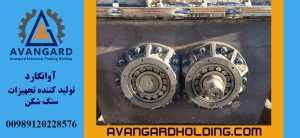
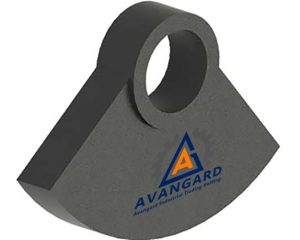
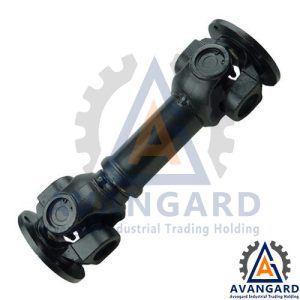
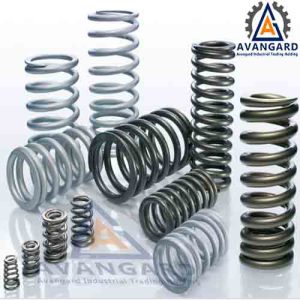
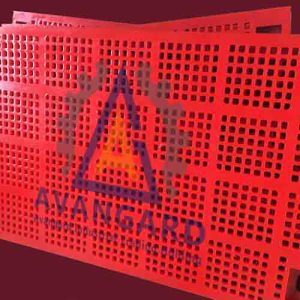
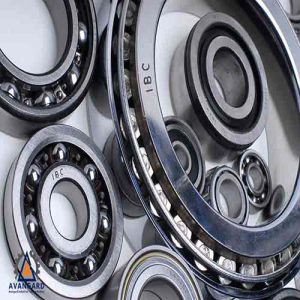
Reviews
There are no reviews yet.